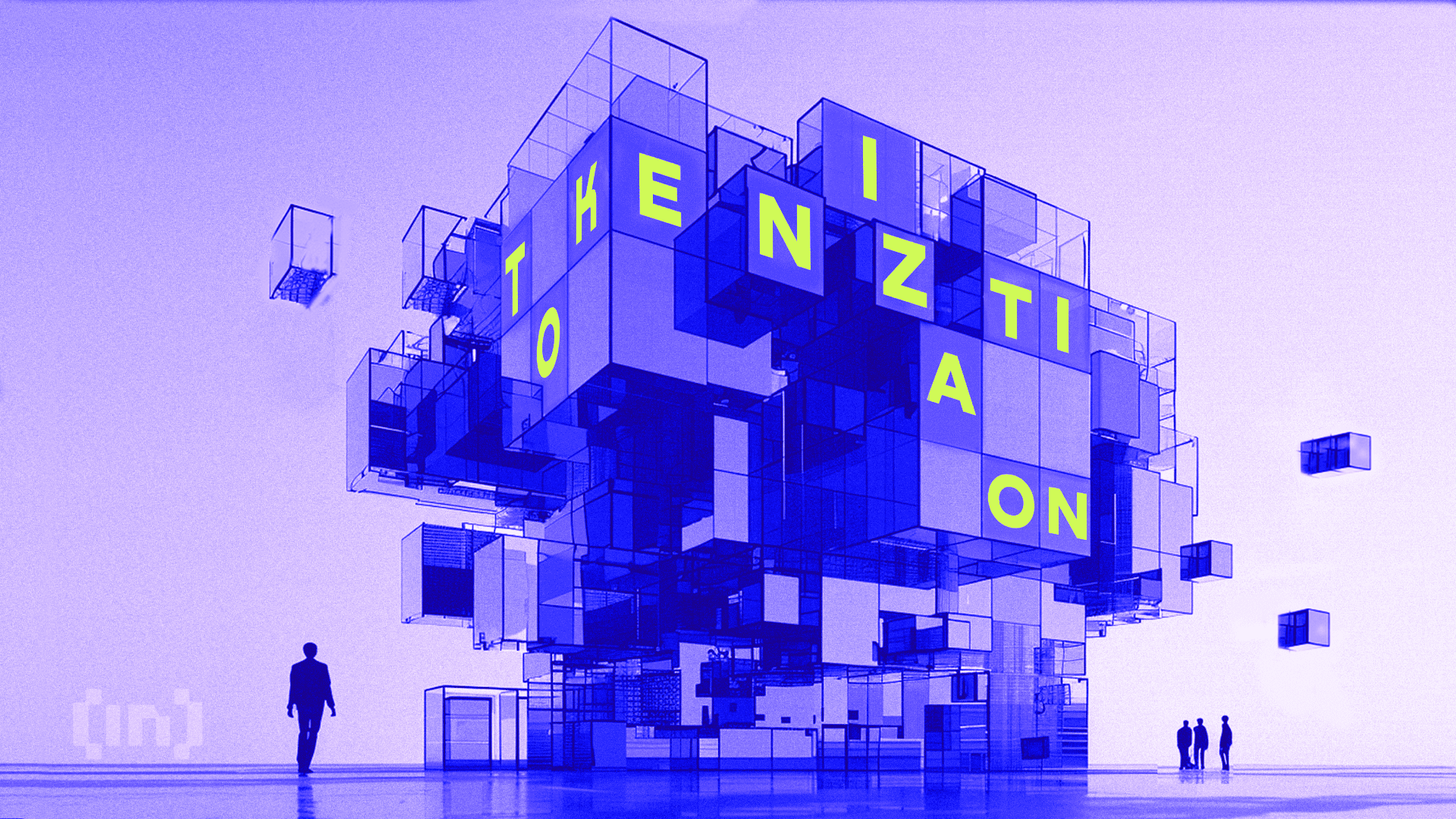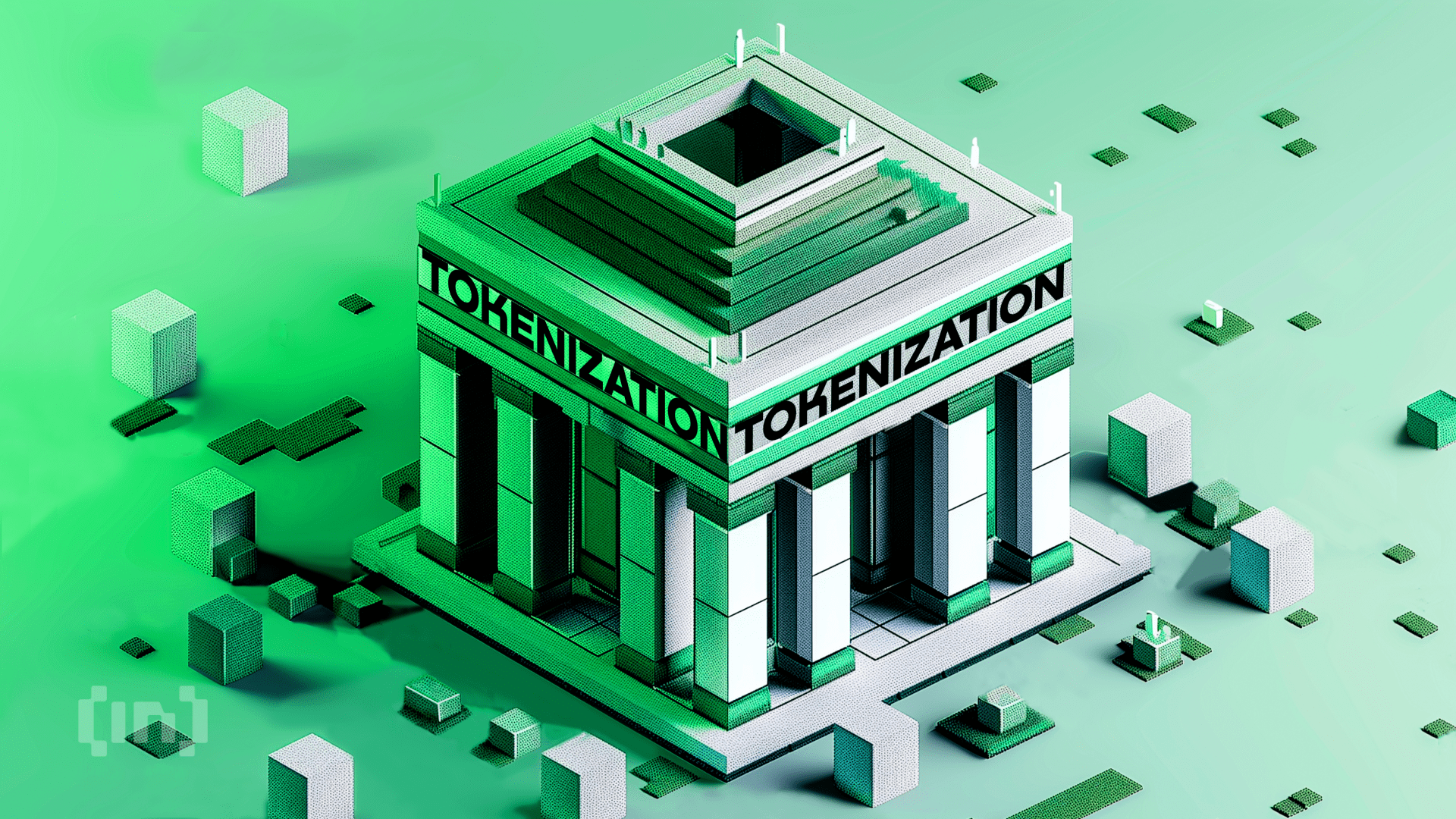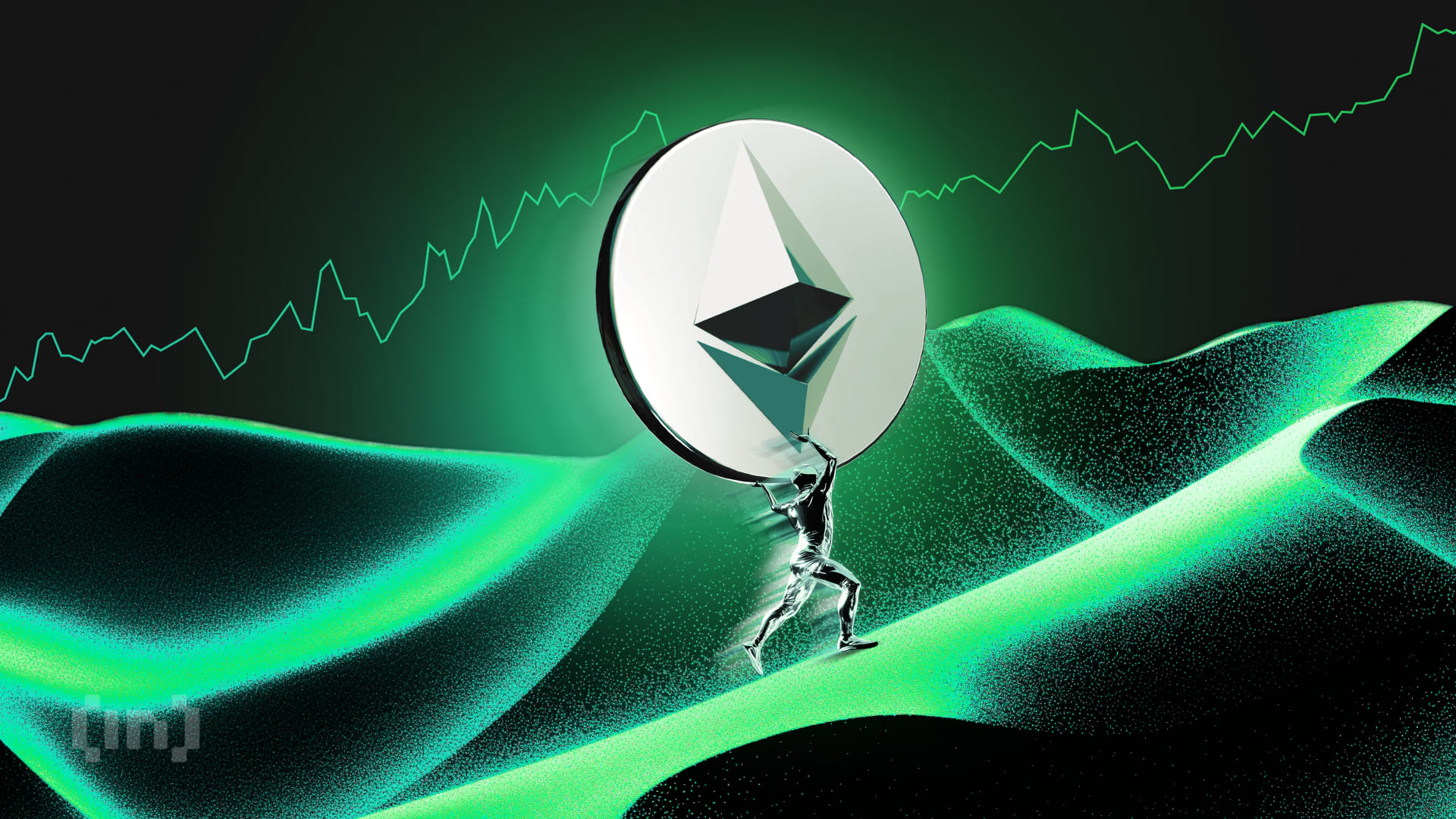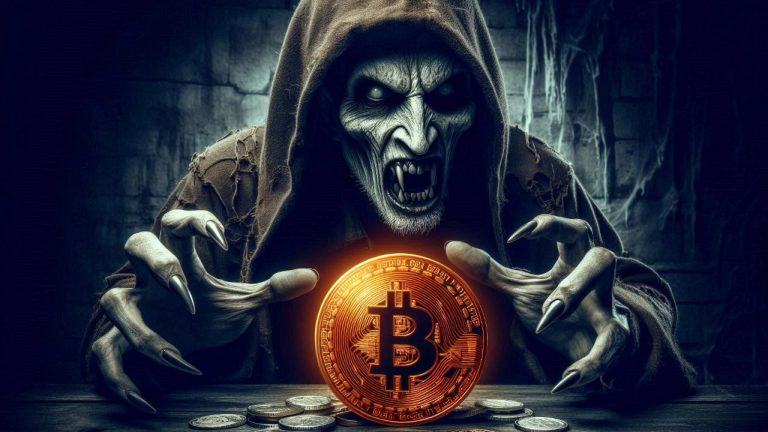This week, the crypto market saw major developments, including Donald Trump’s Bitcoin plan announced at the Bitcoin 2024 Conference, WazirX’s controversial hack recovery strategy, and Nvidia’s advancements in humanoid robotics.
These events showcase the ever-changing nature of the crypto industry, eliciting diverse responses from global experts and stakeholders.
Donald Trump’s Bitcoin Strategy: A Game-Changer or Economic Gamble?
During the Bitcoin 2024 Conference in Nashville, former President Donald Trump announced his intention to prevent the US government from selling its Bitcoin (BTC) holdings. This policy plan has sparked diverse reactions from industry experts.
For instance, Anthony Scaramucci, founder of SkyBridge Capital, praised Trump for pushing Bitcoin into the political spotlight and emphasized the need for bipartisan support for cryptocurrency. However, Scaramucci also raised concerns about the broader implications of Trump’s approach. He acknowledged the risks associated with Trump’s policies despite his agreement on the crypto front.
Read more: 7 Best Crypto Exchanges in the USA for Bitcoin (BTC) Trading
Meanwhile, renowned economist Peter Schiff criticized the ‘never sell your Bitcoin’ ideology. Schiff questioned the practicality of retaining Bitcoin without ever selling it. He argued that such a strategy could be economically flawed.
“If that’s true and no one who buys Bitcoin ever sells any, what’s the point of owning it? What’s the appeal of living in poverty, dying with a big stack of Bitcoin, with successive generations of heirs repeating the process?” he said.
Trump’s statement also prompted reactions from outside the US. Hong Kong legislator Johnny Ng said he would explore the feasibility of adding Bitcoin to the city’s financial reserves.
Ng noted that integrating Bitcoin into national or regional financial reserves is worth exploring, given BTC’s increasing global acceptance and its perception as “digital gold.” However, he pointed out that such measures needed to comply with regulatory standards.
Crypto Exchange WazirX’s Recovery Plan Faces Backlash
WazirX, one of the prominent Indian crypto exchanges, shared a controversial plan to distribute a $230 million loss among its users following a major security breach. Earlier in July, the Mumbai-based company witnessed a cyberattack that compromised nearly half of its reserves, marking India’s largest crypto heist to date.
To handle the aftermath, WazirX intends to re-establish operations within a week and introduce a “fair and transparent socialized loss strategy.” This strategy involves adjusting customer portfolios, returning 55% of holdings, and locking the remaining 45% in USDT-equivalent tokens. Importantly, this impacts all users, even those whose assets were not directly stolen.
WazirX provides two recovery options. Option A prioritizes trading and holding assets and restricts withdrawals, while Option B allows trading and withdrawals but places users at a lower priority for recovery. Users can switch between these options before making any trades or withdrawals.
The exchange founder, Nishal Shetty, addressed the community, stating the firm did not insure customer funds as viable options were unavailable. He warned that recovery could take years and might only partially restore losses.
Critics, including policy expert Nikhil Pahwa, argue that WazirX’s actions exceed typical exchange responsibilities, essentially redistributing assets among users. Customers have also questioned why the company isn’t using its profit reserves to mitigate losses.
SEC Removes Solana, Cardano, and Filecoin from the Security Tokens List
On July 30, the US Securities and Exchange Commission (SEC) modified its lawsuit against crypto exchange Binance. The revision notably removes Solana (SOL), Cardano (ADA), and Filecoin (FIL) from being classified as securities. These tokens are among the 67 the SEC has previously categorized as securities.
This legal adjustment is part of a case initially filed in June 2023. The recent response to the court’s order, dated July 9, 2024, outlines the SEC’s intention to modify its stance regarding the “Third Party Crypto Asset Securities” in its opposition to Binance’s dismissal motion.
This change in the SEC’s approach eliminates the immediate need for the court to determine if the tokens in question meet the criteria for being classified as securities. This decision could indicate a significant shift in how certain cryptocurrencies are perceived and regulated in the US. It may clarify the regulatory status of many altcoins, which exist in a gray area between utility and security. Additionally, it could pave the way for the approval of the next exchange-traded fund (ETF).
The crypto community members have also reacted positively to the SEC’s revisions, especially regarding optimistic price targets for Solana.
Nvidia’s Robotic Innovations: What’s Next?
Technology company Nvidia announced it provides infrastructure for the next generation of humanoid robotics. It will serve global leaders in robot manufacturing, AI model development, and software-making industries.
The next generation of humanoid robots will redefine human-machine interaction possibilities, paving the way for a future where intelligent machines work alongside humans seamlessly. The American multinational corporation offers services, models, and computing platforms to accelerate global-scale humanoid development, empowering developers to train robots using human demonstration data.
“The next wave of AI is robotics, and one of the most exciting developments is humanoid robots. We’re advancing the entire Nvidia robotics stack, opening access for worldwide humanoid developers and companies to use the platforms, acceleration libraries, and AI models best suited for their needs,” Jensen Huang, CEO of Nvidia, stated.
Read more: How Will Artificial Intelligence (AI) Transform Crypto?
Nvidia positions itself to catalyze transformative changes in various sectors as humanoid robots become increasingly prevalent in healthcare, manufacturing, and service industries. The firm will play a pivotal role in shaping the future of AI, introducing a new era of innovation.
Although indirectly related, Nvidia’s innovation and development often catalyze AI-related cryptocurrencies. However, the recent announcement failed to push the broader AI-related tokens, such as NEAR, FET, and RNDR, due to the larger influence of Bitcoin’s price at that time, which caused the wider crypto market to decline.
The post This Week in Crypto: SOL Removed from Security List, WazirX Recovery, and Nvidia’s Robots appeared first on BeInCrypto.

 2 months ago
29
2 months ago
29






 English (US) ·
English (US) ·